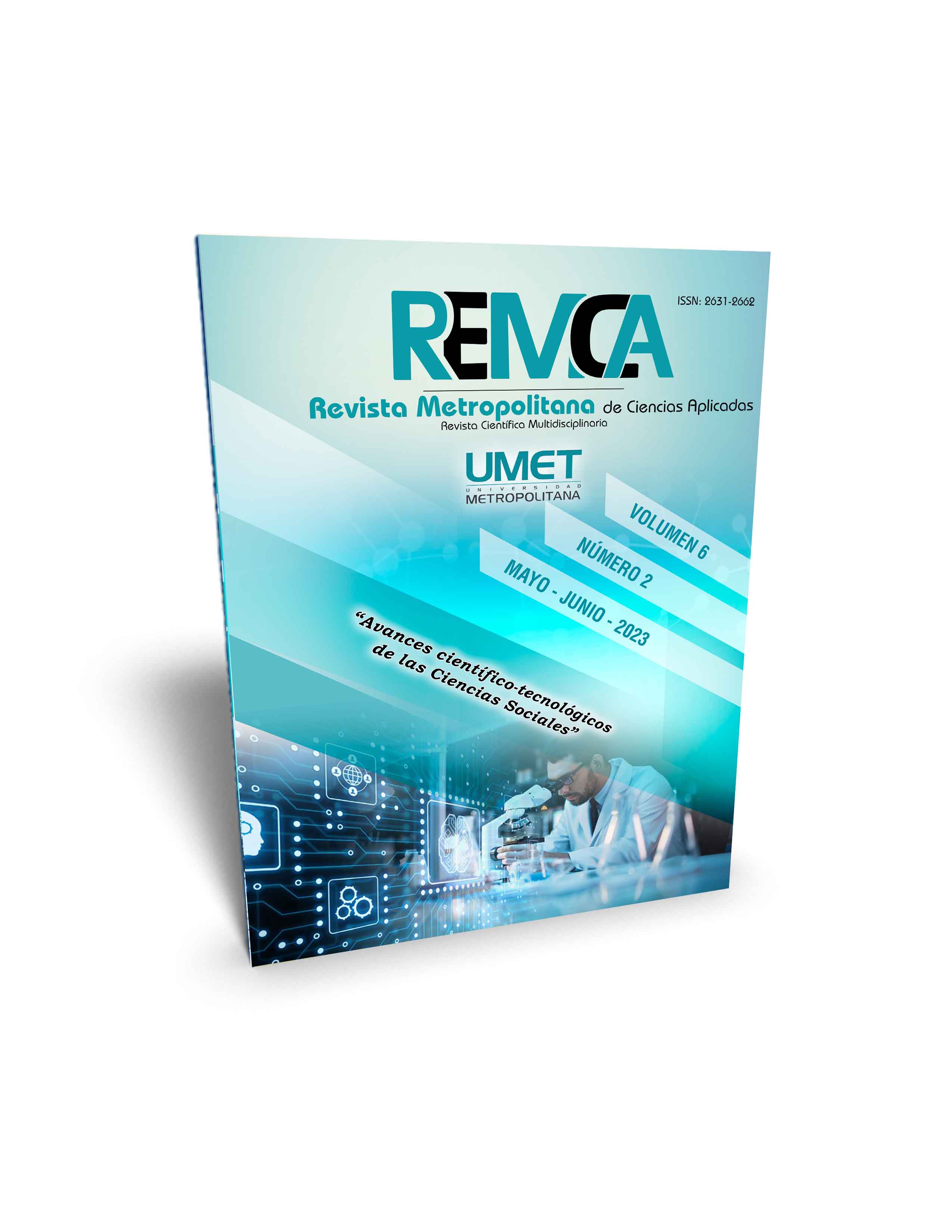Internal inventory control practices in the paper industry, case: Milagro-Ecuador
DOI:
https://doi.org/10.62452/894rfj56Keywords:
Internal control, inventory, paper industryAbstract
The paper industry in Ecuador currently faces problems in the management of its production processes due to inadequate inventory management and the absence of internal control practices. For the analysis of the problematic situation, a descriptive and cross-sectional field investigation was used. Based on the documentary review and through direct observation, an instrument was designed to diagnose the current situation based on the COSO III methodology, which allowed understanding the interactions of the processes and knowing the current reality in the management of internal control practices. related to inventory management in the company under study. The application of the instrument allowed to determine the main shortcomings which were located in three categories: a) risk assessment activities, b) control and c) monitoring. Regarding the problems detected, it was possible to generate possible solutions through strategic activities with their respective indicators and compliance standards for their application and continuous monitoring. Although the scope of the study was not the implementation, it is recommended that the company be able to manage the execution of the activities and be able to validate their effectiveness.
Downloads
References
Auditool S. A. S. (2016). Control Interno. https://www.auditool.org/blog/control-interno/que-implica-implementar-coso-iii-en-una-organizacion
Bermúdez, L. T., & Rodríguez, L. F. (2012). Investigación en la gestión empresarial. Ecoe Ediciones.
Díaz, M. N., Comas, R., & Guaigua, M. (2018). Diagnóstico del sistema de control interno en inventarios. Caso de estudio: Cinascar Kilómetro Mil S.A. Uniandes EPISTEME. Revista digital de Ciencia, Tecnología e Innovación, 5(1), 512-526.
García, K. (2022). ¿Qué es el estudio de campo? https://study.com/learn/lesson/field-research-overview-methods-examples-what-is-field-study.html
LOGISTEC. (2020). Después del Covid-19: estrategias a considerar en torno a la planificación de la demanda y la gestión del inventario. Revistalogistec. https://www.revistalogistec.com/scm/estrategia-logistica-2/3031-despues-del-covid-19-estrategias-a-considerar-en-torno-a-la-planificacion-de-la-demanda-y-la-gestion-del-inventario
Manosalvas, L., Baque, L., & Peñafiel, G. (2020). Estrategia de control interno para el área de inventarios en la empresa Ferricortez comercializadora de productos ferreteros en el cantón Santo Domingo. Revista Universidad y Sociedad, 12(4), 12-30.
Quinaluisa, N., Ponce, V., Muñoz, S., Ortega, X., & Pérez, J. (2018). El control interno y sus herramientas de aplicación entre COSO y COCO. Cofin Habana, 12(1), 268-283.
Rivera, K., & Blandón, R. (2014). Control del Inventario de productos terminados en la Fábrica de alimentos “La Matagalpa”. Universidad Nacional Autónoma de Nicaragua.
Saunders, M., Lewis, P., & Thornhill, A. (2012). Métodos de investigación para estudiantes de negocios" 6.ª edición. Pearson Education Limited.
Whittington, R., & Pany, K. (2000). Auditoria un enfoque integral. McGRAW-HILL.
Downloads
Published
Issue
Section
License
Copyright (c) 2023 Eddie Stalin Maldonado-Cepeda, José Ernesto Pazmiño-Enríquez (Autor/a)

This work is licensed under a Creative Commons Attribution-NonCommercial-ShareAlike 4.0 International License.
Authors who publish in Revista Metropolitana de Ciencias Aplicadas (REMCA), agree to the following terms:
1. Copyright
Authors retain unrestricted copyright to their work. Authors grant the journal the right of first publication. To this end, they assign the journal non-exclusive exploitation rights (reproduction, distribution, public communication, and transformation). Authors may enter into additional agreements for the non-exclusive distribution of the version of the work published in the journal, provided that acknowledgment of its initial publication in this journal is given.
© The authors.
2. License
The articles are published in the journal under the Creative Commons Attribution-NonCommercial-ShareAlike 4.0 International License (CC BY-NC-SA 4.0). The terms can be found at: https://creativecommons.org/licenses/by-nc-sa/4.0/deed.en
This license allows:
- Sharing: Copying and redistributing the material in any medium or format.
- Adapting: Remixing, transforming, and building upon the material.
Under the following terms:
- Attribution: You must give appropriate credit, provide a link to the license, and indicate if any changes were made. You may do this in any reasonable manner, but not in any way that suggests the licensor endorses or sponsors your use.
- NonCommercial: You may not use the material for commercial purposes.
- ShareAlike: If you remix, transform, or build upon the material, you must distribute your creation under the same license as the original work.
There are no additional restrictions. You may not apply legal terms or technological measures that legally restrict others from doing anything the license permits.




